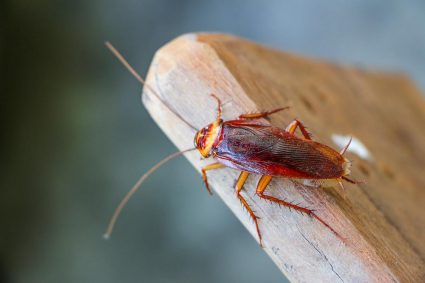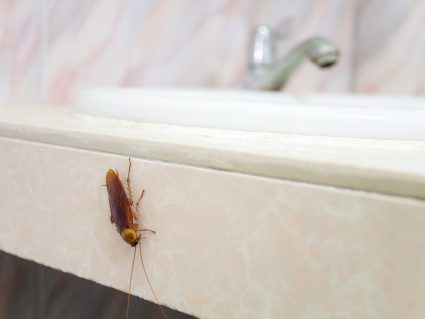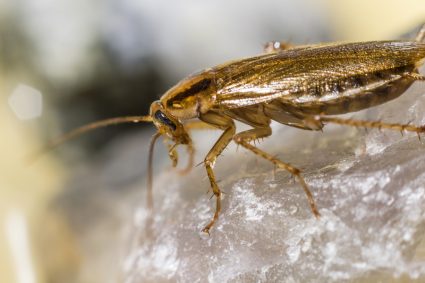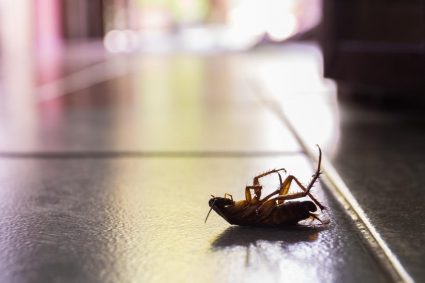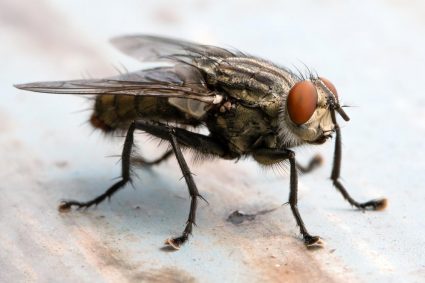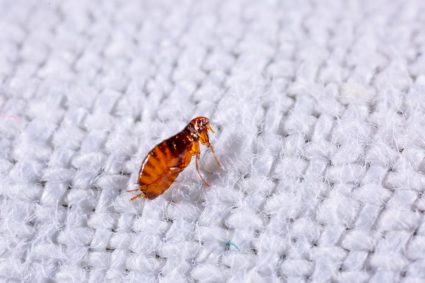
Absolutely, here’s a comprehensive article covering the topic.
Yes, Fipronil does effectively eliminate carpenter ants. It is a potent insecticide that, when brought back to the ant colony by foraging ants, can result in significant mortality within the colony. However, it is a slow-acting poison and complete elimination of the colony may take around 2-3 weeks. It’s important to use Fipronil responsibly and under the supervision of a licensed professional due to its potential toxicity.
Does Fipronil Eliminate Carpenter Ants? (In-Depth with Examples and Statistics)
Carpenter ants are a major nuisance and potentially damaging pests, especially if left unchecked. Homeowners often turn to various pest control methods to eliminate these unwelcome guests. One such method involves the use of Fipronil, a broad-spectrum insecticide. But does Fipronil effectively eliminate carpenter ants? Let’s delve into this in detail.
What is Fipronil?
Fipronil is a potent insecticide belonging to the phenylpyrazole chemical family. It was discovered and developed by Rhône-Poulenc between 1985 and 1987 and first introduced to the market in 1993. Fipronil is designed to disrupt the insect’s central nervous system, leading to hyperexcitation, paralysis, and eventually death. It’s used to control various insects, including ants, beetles, cockroaches, fleas, ticks, termites, and more.
Fipronil’s Effectiveness Against Carpenter Ants
Yes, Fipronil is effective in eliminating carpenter ants. Foraging ants that come into contact with Fipronil carry it back to their nests, sharing it with the rest of the colony. This process, known as horizontal transfer, results in significant secondary and tertiary mortality within the colony. Laboratory experiments have shown that Fipronil is effectively transferred from treated ants to untreated ants, causing 100% mortality in both residual and direct spray applications.
Applying Fipronil
Fipronil should be applied by a licensed pest control operator. It’s typically applied as a surface spray to potential entry points and ant trails. The operator may also use perimeter sprays, which are highly effective against carpenter ants. It’s important to note that Fipronil should not be applied to flowers as it can be harmful to bees.
Timeframe for Elimination
Fipronil is a slow-acting poison, allowing the ants to return to their colony and spread the insecticide to others. It typically takes 3 to 5 days to kill up to 95% of ants and roaches. However, complete elimination of a carpenter ant colony may take around 2-3 weeks.
Risks and Drawbacks
While Fipronil is effective, it does come with potential drawbacks. It’s highly toxic to some non-target organisms, and there are human health concerns associated with its use. That’s why it’s crucial to use Fipronil responsibly and under the supervision of a licensed professional.
Preventative Measures
Prevention is always better than cure. To avoid carpenter ant infestations in the first place, eliminate sources of moisture, seal all gaps and cracks, keep your home clean, and regularly inspect your property for signs of ant activity.
Conclusion
So, does Fipronil eliminate carpenter ants? The answer is a resounding yes. With proper application and responsible use, Fipronil can be a potent weapon against these destructive pests. However, always consult with a licensed pest control professional to ensure the best results with minimum risks.
Remember, an informed homeowner is a powerful homeowner. Stay informed, stay powerful.
Frequently Asked Questions
Can Fipronil be used to control other pests as well?
Yes, Fipronil is a broad-spectrum insecticide used to control a wide range of pests, including ants, beetles, cockroaches, fleas, ticks, and termites.
How long does Fipronil remain effective after application?
Fipronil remains effective for about a month after application. However, this can vary depending on the specific product formulation and the environmental conditions.
Is Fipronil safe for pets?
While Fipronil is used in some pet products to control fleas and ticks, it should be used with caution. Always follow product instructions and consult with a veterinarian if you have any concerns.
Can I apply Fipronil myself?
It’s recommended that Fipronil be applied by a licensed pest control operator to ensure safe and effective use. Improper application can lead to ineffectiveness and potential health risks.
What other methods can be used to control carpenter ants?
Other methods to control carpenter ants include baiting, dusting, and using insect growth regulators (IGRs). In addition, maintaining a clean and dry home environment can help prevent infestations.



